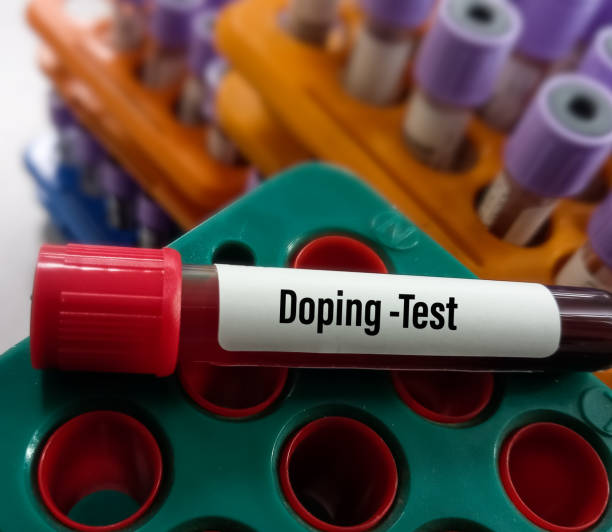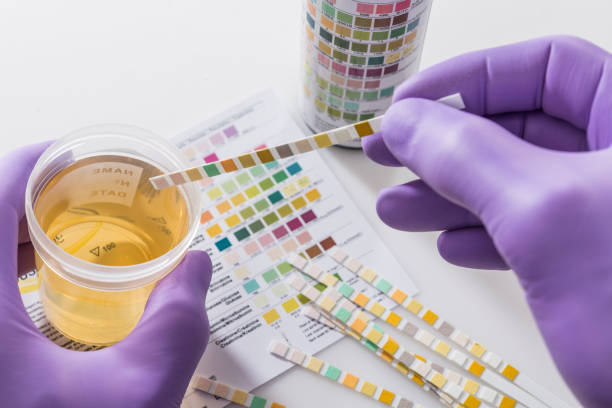Who can be tested and when?
Athletes can be tested any time, any place. Organizations that have the authority to conduct testing are: National Anti-Doping Organizations (NADO), Federations, or Major Event Organizers (MEO) such as the Olympic and Paralympic Games.
What types of test are there?
There are currently three types of Anti-Doping test: urine, venous blood and dried blood spot. Once a sample is collected, it is sent to a WADA accredited laboratory to be analyzed.
WADA’s accredited laboratories never know the details about the person submitted sample.
Remember: Athletes should always submit a sample. Giving only a partial sample could be an Ant-doping rule Violation (ADRV).
The athletes have the right to provide comments about conduct of their test.

What happens in a Test?

Here are the 11 stages of testing process:
- ATHLETE SELECTION: Athlete can be selected for testing at any time and any place.
- NOTIFICATION: A Doping Control Officer (DCO) or chaperone will notify the athlete of their selection and outline their rights and responsibilities.
- REPORTING TO THE DOPING CONTROL STATION: Athletes should report for their test immediately. The DCO may allow a delay in reporting – however only for a valid reason.
- SAMPLE COLLECTION EQUIPMENT: Athletes are given a choice of individually sealed sample collection vessels and kit to choose form.
- PROVIDING A SAMPLE: Athletes will be asked to provide a urine sample under the direct observation of a DCO or witnessing chaperone of the same gender.
- VOLUME OF URINE: A minimum 90ml is required for urine samples. If the first sample is not 90ml the athlete may be asked to wait and provide an additional sample.
- SPLITTING THE SAMPLES: Athletes will split their sample into an A and B bottle.
- SEALING THE SAMPLES: Athletes will seal the A and B bottles in accordance with the DCO’s instruction.
- MEASURING SPECIFIC GRAVITY: The DCO will measure the specific gravity of the sample to ensure it is not too diluted to analyze.
- COMPLETING THE DOPING CONTROL FORM: Athletes will check and confirm that all of the information is correct, including the sample code number and their declaration of medications and/or products they have used. They will receive a copy of the doping control form.
- THE LABORATORY PROCESS: All samples are sent to WADA accredited laboratories.
Who does the test?
Trained and authorized Doping Control Officers (DCO) conduct testing. Sometimes athletes are notified by a Chaperone. They always have to show identification when they notify athletes, and then they will make sure you are accompanied at all times until the process is finished. A Blood Collection Officer (BCO) is a trained and experienced phlebotomist.
Remember: Refusing a test carries a four-year ban.